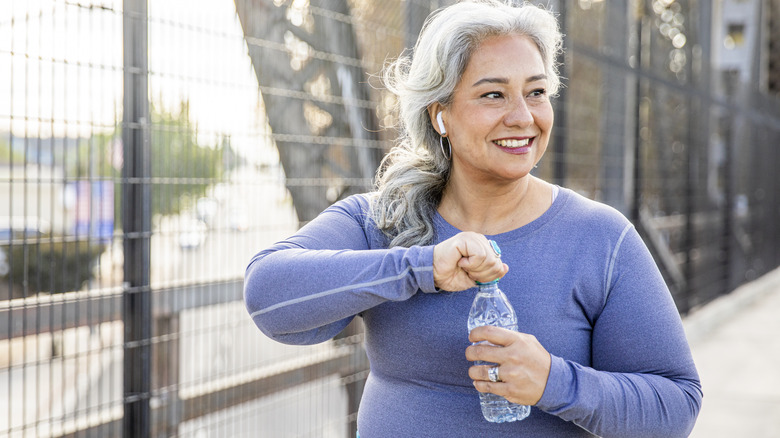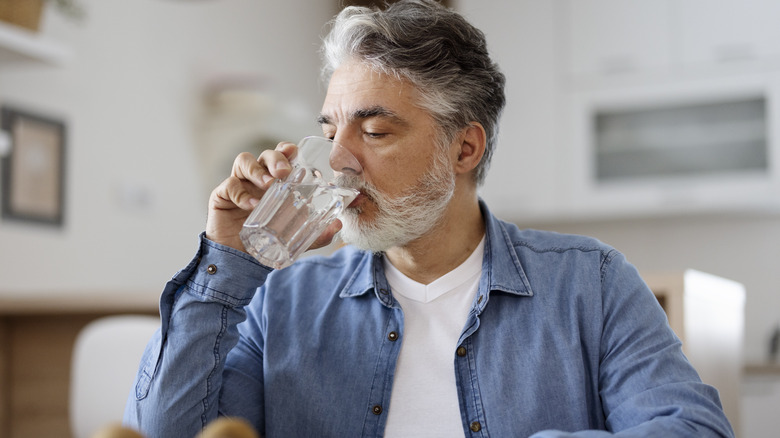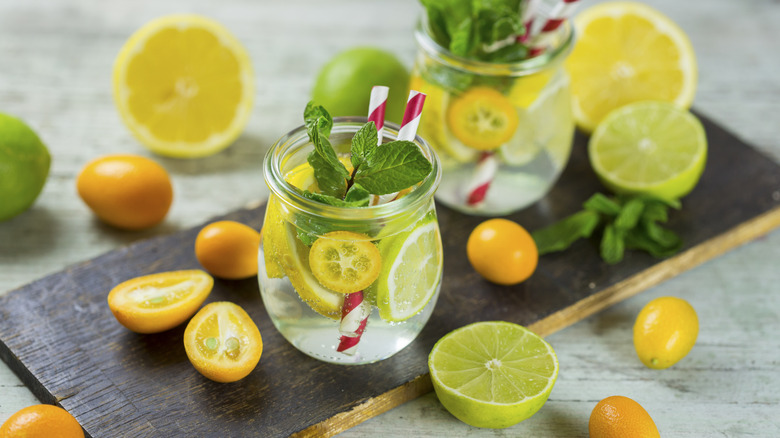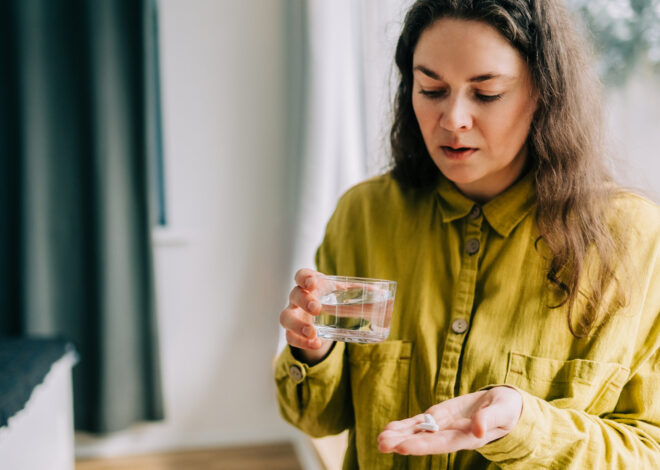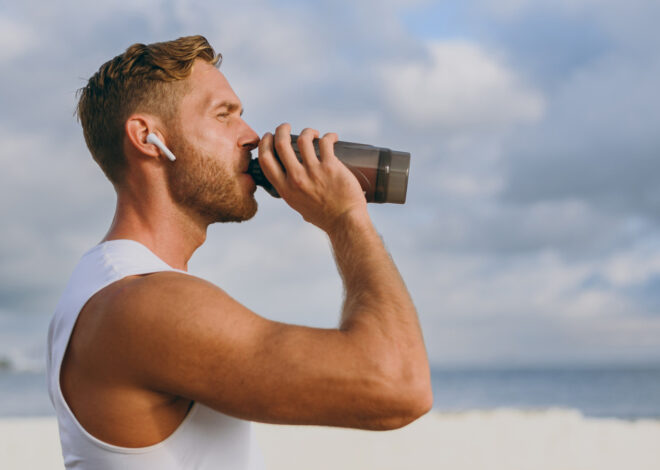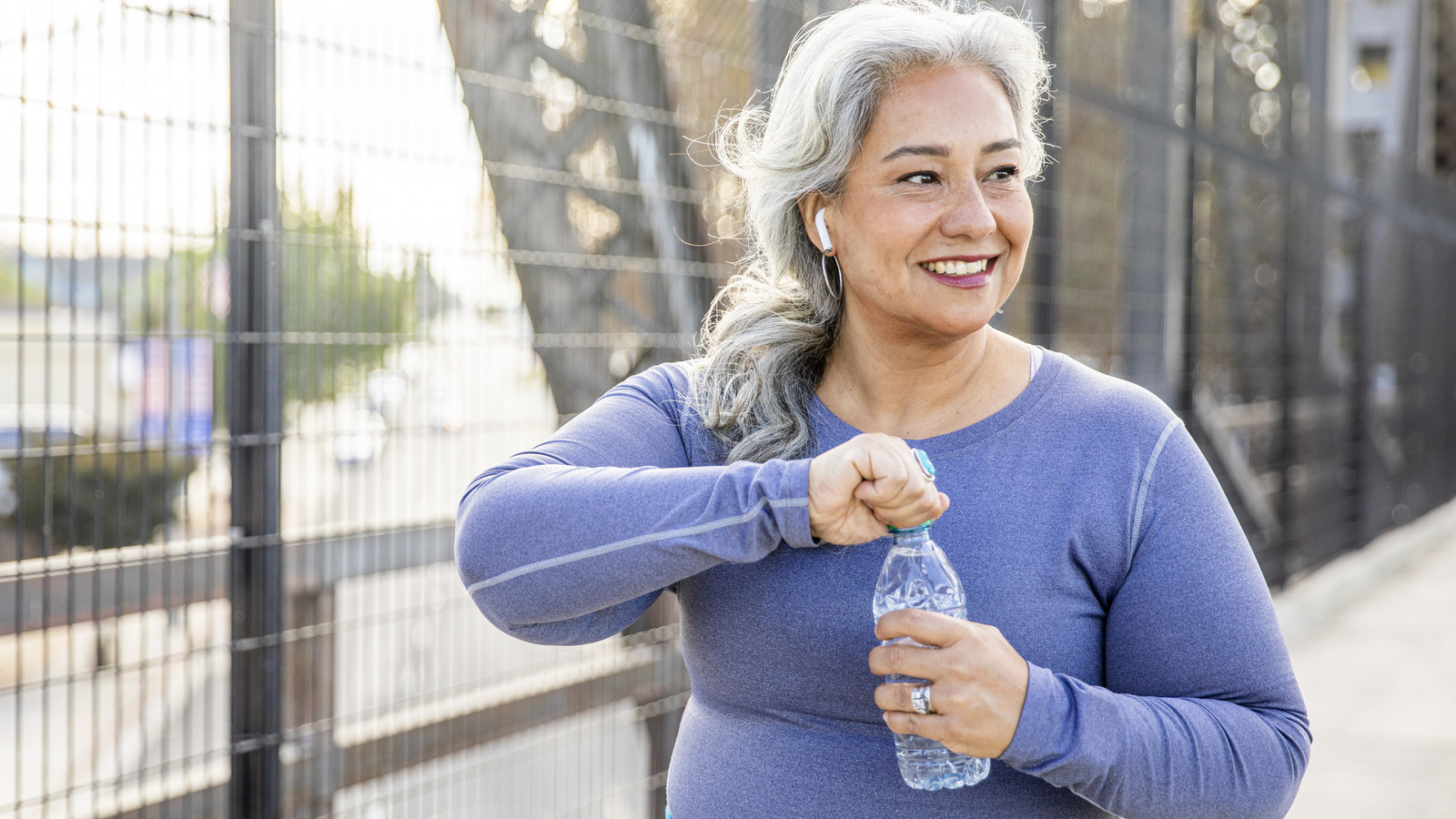
After You Turn 50, You’ll Need To Drink More Water. Here’s Why – Health Digest
These days you’ll find excessively large reusable water bottles — so big they have a handle on them. They often hold about half a gallon (or 64 ounces) to meet your daily hydration needs. Even though that eight-glass rule was a rough estimate for everyone, most people don’t drink near that amount.
You need to drink more water to help lubricate your joints, moderate your body temperature, and rid your body of waste. Jamie Koll, a non-toxic living and ingredient expert at Girls Who Eat, says men might need up to 15 cups and women 11 cups of water depending on their activity level, weight, and climate. As you get older, you might need to drink more water than you did years ago. “Water amounts will vary from person to person and additional factors such as medications and kidney health,” she said.
Starting at age 40, your kidneys begin to lose their ability to conserve water, making it difficult for you to maintain your body’s fluid balance, according to a 2023 article in Nutrients. This decline speeds up after age 65. This gradual decline in kidney function is just one of many reasons why older adults are more prone to dehydration.
Other reasons why older adults need to drink more water
Older adults tend to take many medications that can be dehydrating. Metformin and similar medications used to treat diabetes affect your hydration levels because they cause you to urinate more often. These medications and laxatives can also cause diarrhea that can dehydrate you. ACE inhibitors used to treat blood pressure can reduce your urge to drink water, and diuretics also used for blood pressure reduce the amount of fluid in your blood vessels.
The 2023 article in Nutrients adds that older adults living alone or in elder care facilities might find it difficult to move or have problems with swallowing, making it more difficult to get that extra glass or two of water between meals. People with urinary incontinence may voluntarily restrict their water intake, and older adults with dementia might forget to drink adequate fluids to prevent dehydration.
As your joints go through more years of wear and tear, the cartilage that protects your joints begins to deteriorate. Cartilage is made of 80% water, and when you’re dehydrated, you run the risk of your body pulling the fluid from your joints to sustain other functions (per AARP).
How to keep yourself hydrated
Because your hydration needs might differ from others, Jamie Koll suggests consulting with your doctor to see how much fluid is best for you each day. Drinking fluids only when you’re thirsty isn’t quite enough. You might need to drink more water between meals to stay adequately hydrated. Your urine can give you a hint about your hydration levels. Dark urine is often a sign of dehydration, but also notice if you’re feeling more tired, dizzy, or confused.
It can be a chore to keep track of how much water you drink every day, but keeping that half-gallon water bottle can help you gauge how much you’ve had throughout the day. There are also smart water bottles that alert you when it’s time to drink. You can also track your water intake through specific apps on your phone or other wellness apps that track your nutrition or exercise.
If you find water boring, remember that many fruits and vegetables have high water content that can keep you hydrated. Avoid getting your hydration from caffeine or alcohol because both will dehydrate you. Koll suggests adding a squeeze of lemon or lime to add some taste, or you can infuse cucumber and mint into your water. “Add in real fruit juice (you can make your own homemade watermelon juice) or grab one at the store that is 100% real fruit juice like cranberry or blueberry and add a splash of it into your water,” she said.
